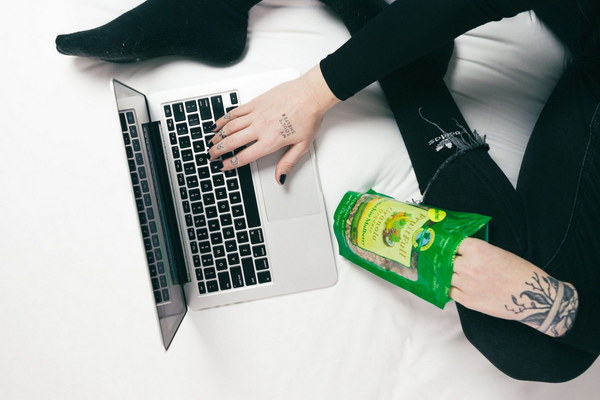Postpartum Perspiration Effective Ways to Revitalize Your Body
After the exhilarating experience of childbirth, many new mothers find themselves dealing with an unexpected and sometimes overwhelming issue: postpartum sweating. This condition, known as postpartum diaphoresis, can leave you feeling exhausted and uncomfortable. However, with the right approach, you can effectively manage and alleviate these symptoms. In this article, we will discuss the causes of postpartum sweating, as well as various strategies to help you revitalize your body.
Understanding Postpartum Sweating

Postpartum sweating is a common phenomenon that occurs due to the significant changes a woman's body undergoes during pregnancy and childbirth. The hormones, blood volume, and metabolic rate all undergo alterations, which can lead to excessive sweating. It is not uncommon to experience this issue for several weeks or even months after giving birth.
Causes of Postpartum Sweating
1. Hormonal Changes: The fluctuating levels of hormones, such as estrogen and progesterone, can trigger excessive sweating.
2. Blood Volume: An increase in blood volume during pregnancy and the subsequent decrease after childbirth can cause sweating.
3. Metabolic Rate: The body's metabolic rate increases during pregnancy, which continues after childbirth, leading to an elevated sweating rate.
4. Stress: The stress of pregnancy, childbirth, and motherhood can contribute to excessive sweating.
Tips for Managing Postpartum Sweating
1. Stay Hydrated: Drink plenty of water throughout the day to keep your body hydrated and regulate your body temperature.
2. Maintain a Healthy Diet: A balanced diet rich in vitamins, minerals, and antioxidants can help support your body's recovery process.
3. Regular Exercise: Engaging in gentle, low-impact exercises, such as walking, can improve your overall health and reduce sweating.
4. Wear Breathable Clothing: Opt for lightweight, breathable fabrics like cotton, which allow your skin to breathe and reduce sweating.
5. Adjust Your Home Environment: Keep your living space cool and well-ventilated to minimize discomfort.
6. Use Antiperspirants: If you are prone to excessive sweating, consider using an antiperspirant to control sweat production.
7. Aromatherapy: Lavender, peppermint, and chamomile essential oils can help alleviate stress and reduce sweating.
8. Acupuncture: Some women find relief from postpartum sweating through acupuncture, which aims to balance the body's energy.
Natural Remedies for Postpartum Sweating
1. Black cohosh: This herb is believed to help regulate hormones and reduce sweating.
2. Red clover: Rich in isoflavones, red clover can help alleviate hormonal imbalances.
3. Ginseng: Known for its adaptogenic properties, ginseng can help your body cope with stress and reduce sweating.
4. Avena sativa: This herb is thought to help balance hormones and reduce excessive sweating.
When to Seek Medical Attention
If you experience severe postpartum sweating, or if your sweating is accompanied by other symptoms such as fever, chills, or dizziness, it is essential to seek medical attention. These symptoms may indicate an underlying condition, such as postpartum thyroiditis or diabetes.
In conclusion, postpartum sweating is a common and often temporary issue that can be managed effectively with the right approach. By understanding the causes and implementing the appropriate strategies, you can help revitalize your body and reduce discomfort. Remember to consult with your healthcare provider if you have any concerns or need further assistance.









